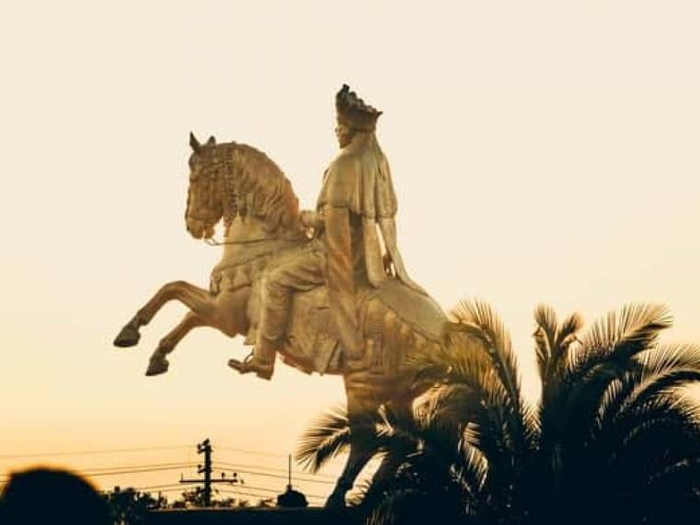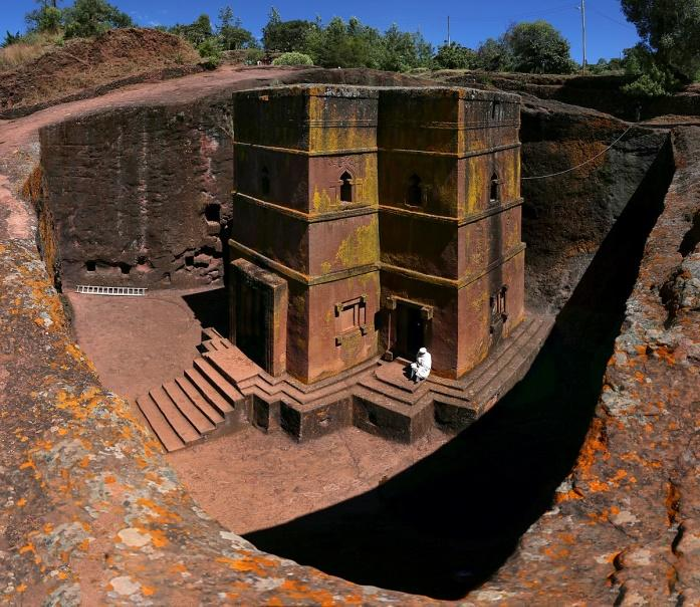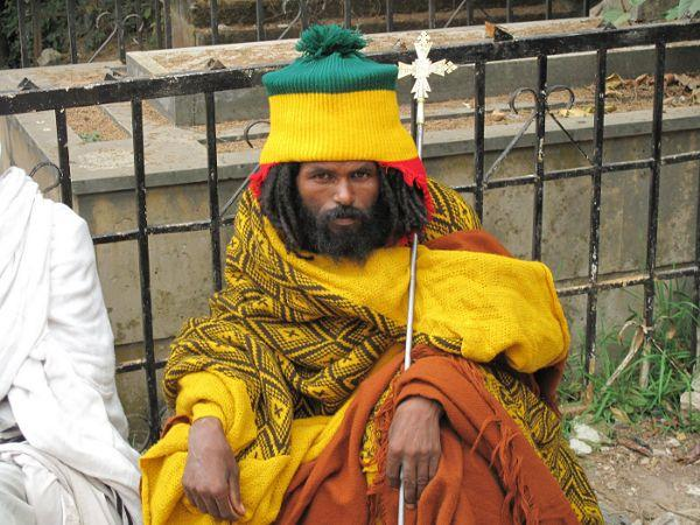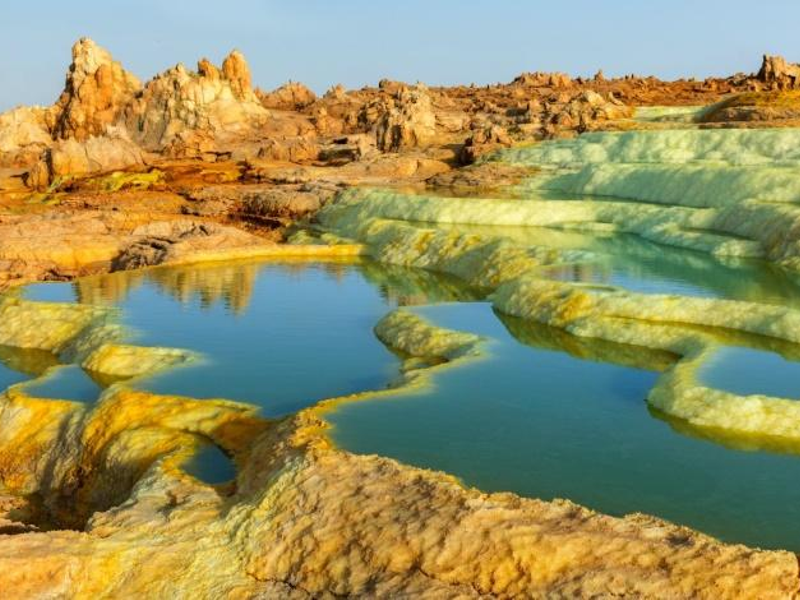Ethiopia is the second most populous country in Africa with very different traditional practices compared to its neighbors. Often called the oldest country in Africa, with good reason, it has a long and fascinating history dating back to the first century A.D. The country is also unique in its geography, with a highland plateau that includes some of the world’s tallest mountains, as well as lowland plains and deserts. Add to that a diverse population of more than 100 ethnic groups, and you have a country that is truly one of a kind.
You might not think about Ethiopia when considering a vacation destination, and that is where you will be making a mistake. There is enough evidence to prove that it is one of the most exciting places we are aware of. The nation is a melting pot of picturesque natural treasures, intriguing history, uncommon animals, and strong cultural traditions. In a nutshell, traveling to Ethiopia is like traveling back in time.
Unique Aspects of Ethiopia

Photo: King Menelik II Statue Addis Ababa, Ethiopia. / Shutterstock
Ethiopia is often considered to be one of the most unique countries in Africa. Sometimes called the “cradle of civilization”, It is also one of the most unique and fascinating countries on the continent. And while there are many reasons for this, some of the most fascinating ways in which Ethiopia is different from other African countries include:
Ethiopia has never been colonized
Ethiopia is one of the oldest autonomous nations in Africa. Like Liberia, it has never been colonized. 125 years ago, a citizen army fought off the Italians on March 1st, allowing Ethiopia to be recognized as an independent state. During World War II, Italy tried for the second time but never gained authority.
Home to the oldest independent Christian church in the world.

Photo: Lalibela/ Shutterstock
Ethiopia is home to the oldest independent Christian church in the world. Being the location of the Ethiopian Orthodox Church, one of the earliest Christian churches, it has a distinct cultural background.
It has its own script and alphabet.
The Ge’ez script was used in Ethiopia and is the earliest known writings from this region to date back to about 450 BC. The script is thought to have developed out of the Sabaean/Minean script. Inscriptions in the Ge’ez script contain both consonants and vowels, but only started around AD 400.
Coffee originated in Ethiopia.

Photo: Coffee Image/ Shutterstock
It is best drunk on the street. Coffee was discovered when a goat herder noticed his flock liked a particular type of bush. Quoting “Legends say that the industry took it off from there.” This origin story is why coffee is so important to the morning habits of many people.
The Ethiopian calendar has 13 months, instead of 12.
Many other civilizations have their own calendars that they use, which differ greatly from the Gregorian calendar used in the West. They nevertheless follow the 12-month guideline in spite of this. 13 months make up an Ethiopian year, which is seven years behind the Gregorian calendar. Ethiopians actually maintained using the calendar that the Roman church modified in 525 AD, so they celebrated the new century on September 11, 2007.
What Rastafarians think of Ethiopia

Photo: Rastafarians/ Shutterstock
Rastafarians believe their spiritual home is Ethiopia and that the last king was a descendent of King Solomon and the messiah. Some Rastafarians traveled thousands of kilometers in search of this promised land. In Shashamane, Ethiopia, which Rastafarians around the world consider to be a spiritual home, they reside there as pilgrims.
The Blue Nile River

Photo Nile River/ Wikipidia

Minna Davies is a creative writer and a thespian with a degree in theatre arts from the University of Lagos. He has been privileged to have some of his works featured on Nigeria’s big stages. It is important to dream, but if no one gets to see it, it is as good as dead.





